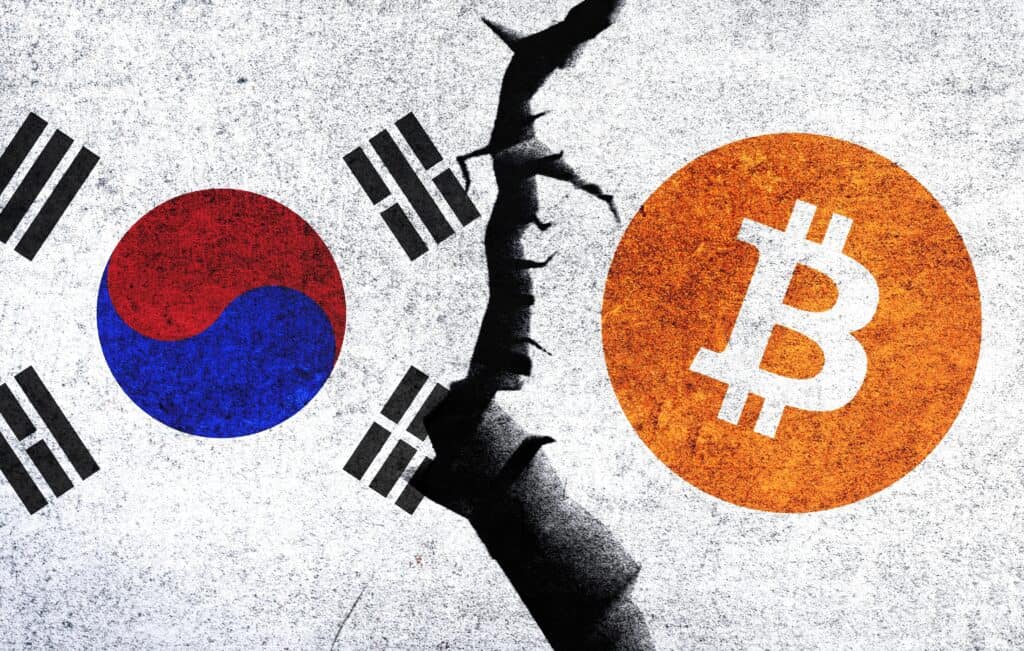
Key Takeaways:
- The Bank of Korea (BOK) has not discussed or reviewed adding Bitcoin to its foreign exchange reserves, citing high volatility and liquidity concerns.
- Bitcoin’s price swings between $98K and $76K in recent weeks highlight concerns over its stability for reserve holdings.
- South Korea’s regulators are monitoring Japan’s evolving crypto policies, including a potential ETF approval.
The Bank of Korea (BOK) has dismissed the idea of holding Bitcoin as part of its foreign exchange reserves, citing the cryptocurrency’s high volatility and lack of liquidity.
In a March 16 statement, the central bank clarified that it has not reviewed or discussed the inclusion of Bitcoin in its holdings, despite growing support from lawmakers and crypto advocates.
🚨JUST IN: BANK OF KOREA SAYS IT HAS NOT CONSIDERED ADDING BITCOIN TO ITS FOREIGN EXCHANGE RESERVES
— BSCN (@BSCNews) March 17, 2025
The BOK emphasized that in times of market instability, conversion costs could spike, making Bitcoin an impractical reserve asset.
Bitcoin’s price swings have been significant recently, fluctuating between $98,000 and $76,000, before stabilizing around $83,000—a 15% drop since mid-February.
This debate over Bitcoin reserves is occurring amid global policy shifts, including Donald Trump’s executive order establishing a strategic Bitcoin reserve.
During a March 6 seminar, South Korean lawmakers and crypto lobbyists proposed integrating Bitcoin into national reserves and developing a won-backed stablecoin.
However, the BOK maintains that reserves must meet strict criteria, including high liquidity and creditworthiness, which Bitcoin does not currently satisfy.
Meanwhile, South Korea’s regulators are monitoring Japan’s evolving crypto policies, particularly its potential lift on the ban of crypto ETFs, which could influence future regulatory decisions.

